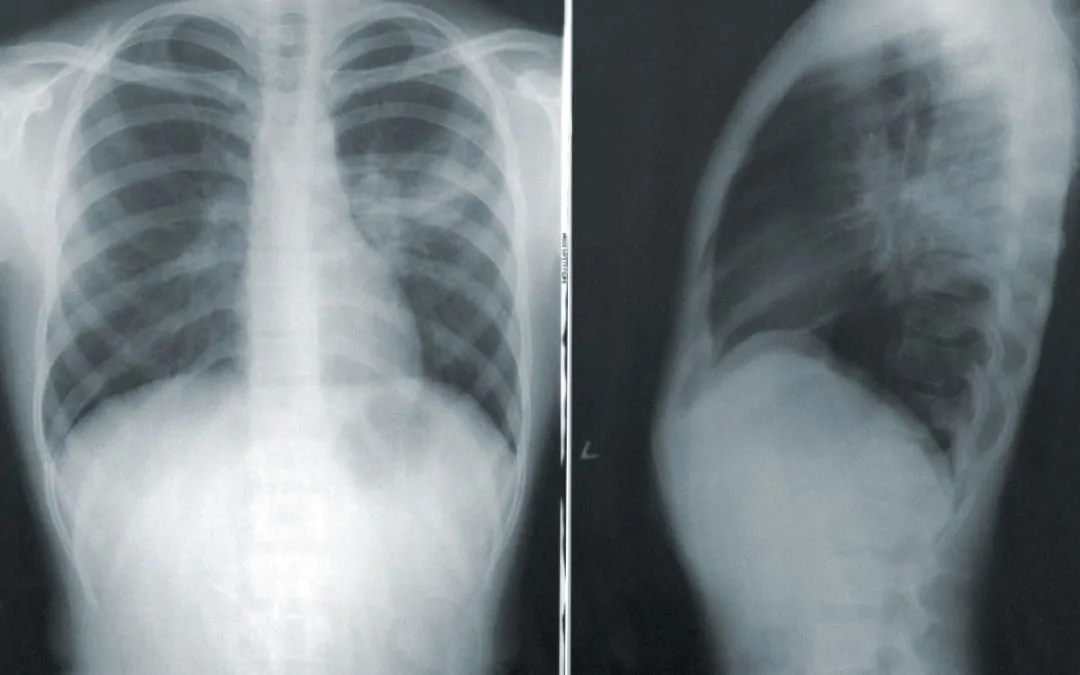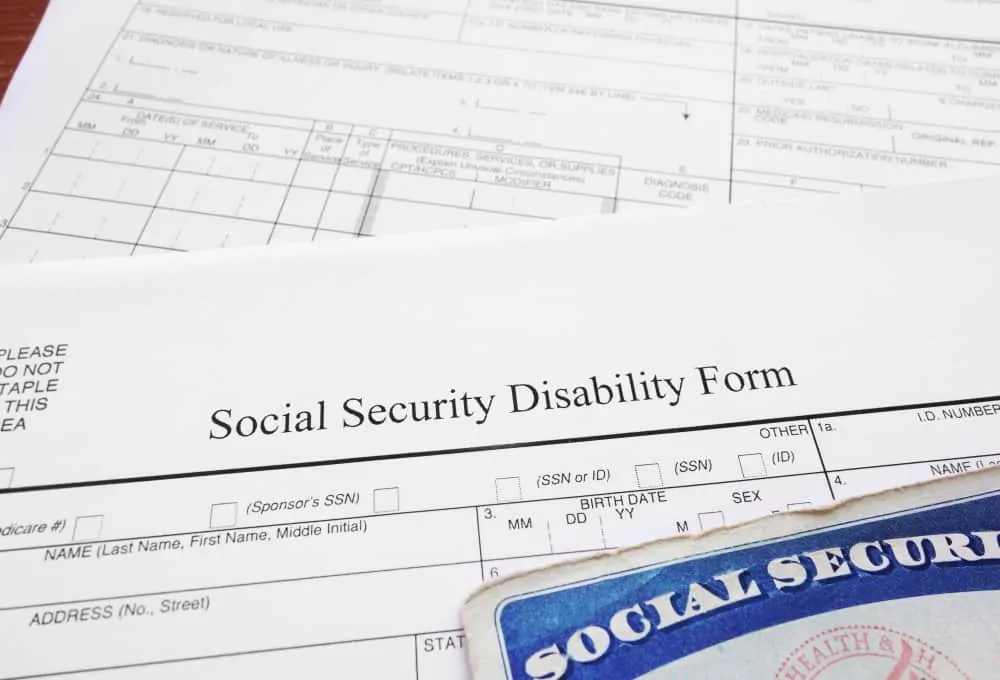Applying for Social Security Disability benefits with a respiratory disorder can often be time consuming and frustrating. The Social Security Administration has several listings that qualify for disability benefits. A few examples would be, chronic obstructive pulmonary disease (chronic bronchitis and emphysema), pulmonary fibrosis and pneumoconiosis, asthma, cystic fibrosis, and bronchiectasis. In more severe cases a lung transplant and respiratory failure may also qualify under Social Security’s category of impairments.
Symptoms That You May Be Experiencing
People who have respiratory disorders include shortness of breath, known as dyspnea, or chest pain or discomfort while breathing. You may have coughing or wheezing, sputum production, or phlegm. Other symptoms may include hemoptysis, which is coughing up blood from the respiratory tract. Some might experience tachypnea which is a rapid rate of breathing. You may be experiencing other symptoms which also fall outside of traditional symptoms such as difficulty breathing in cold, warm, or humid conditions. You may be experiencing severe fatigue and feeling out of breath when doing simple activities. If you are experiencing these symptoms to a degree that you have trouble performing your day to day tasks, you may qualify for disability.
Documentation Needed For Us To Begin Your Claim or Appeal a Denial
In order to pursue a claim for disability, we need to have medical evidence to document the severity of your respiratory disorder. This may include medical imaging such as x-rays or CT scans. It could include pulmonary function tests. Blood or other laboratory tests are frequently used along with prescriptions to document the severity of your disease and the steps taken to undergo treatment. A prescription for supplemental oxygen is often present in cases where your breathing is so severe, you need help with oxygen either part time or full time. You also may have a spirometry report, which provides your FEV1 value. FEV1 tracks the forced expiatory volume in the first second of a forced expiratory maneuver. Whatever medical evidence you may have, be sure to bring it with you when you meet us for a consultation. We may also send you back to your doctor with a residual functional capacity questioner for your doctor to complete so that we have a medical opinion of your limitations.
Does Obesity Have An Effect On My Respiratory Claim?
Yes, obesity is a medical impairment on its own, but also has an impact on the respiratory system. Obesity will compress the lungs and make breathing harder by restricting the lungs ability to expand. The combined effects of obesity and a respiratory disorder can make normal breathing problems extraordinary breathing problems. We will consider the cumulative effect that all of your conditions have on your ability to work and do day to day activities. This is why It is so important that you discuss with our office all of the conditions you are suffering from so that we can understand how the combination of your impairments impact your day to day life.
How To Get Started?
Gather any medical records you may have and put together a list of any and all hospitalizations you have had. Put together a list of your physicians including which offices you receive treatment from and the first and most recent visit date. Once you have gathered as much as you are able to, call the office to schedule a free consultation so that we can go over your case with you and help you get started with your claim or appeal a denial for benefits.





